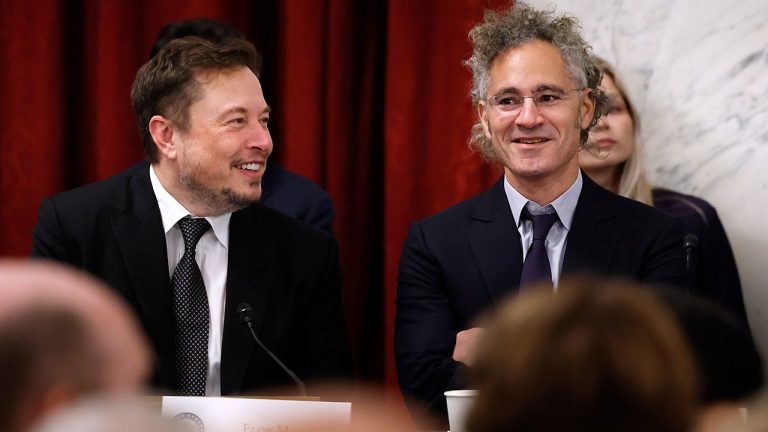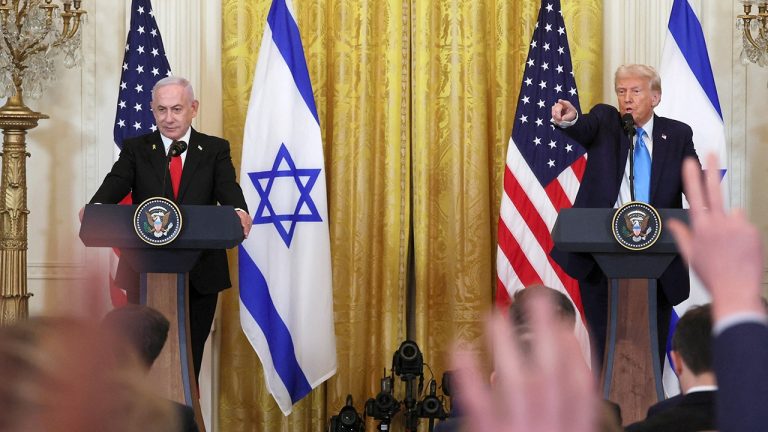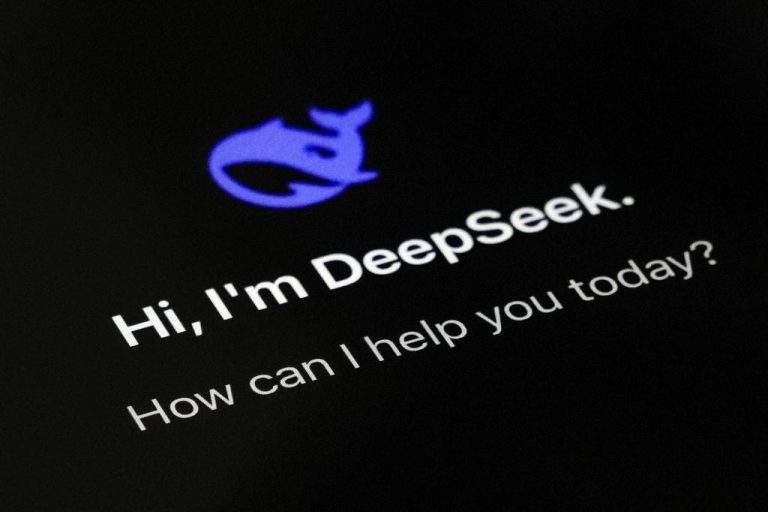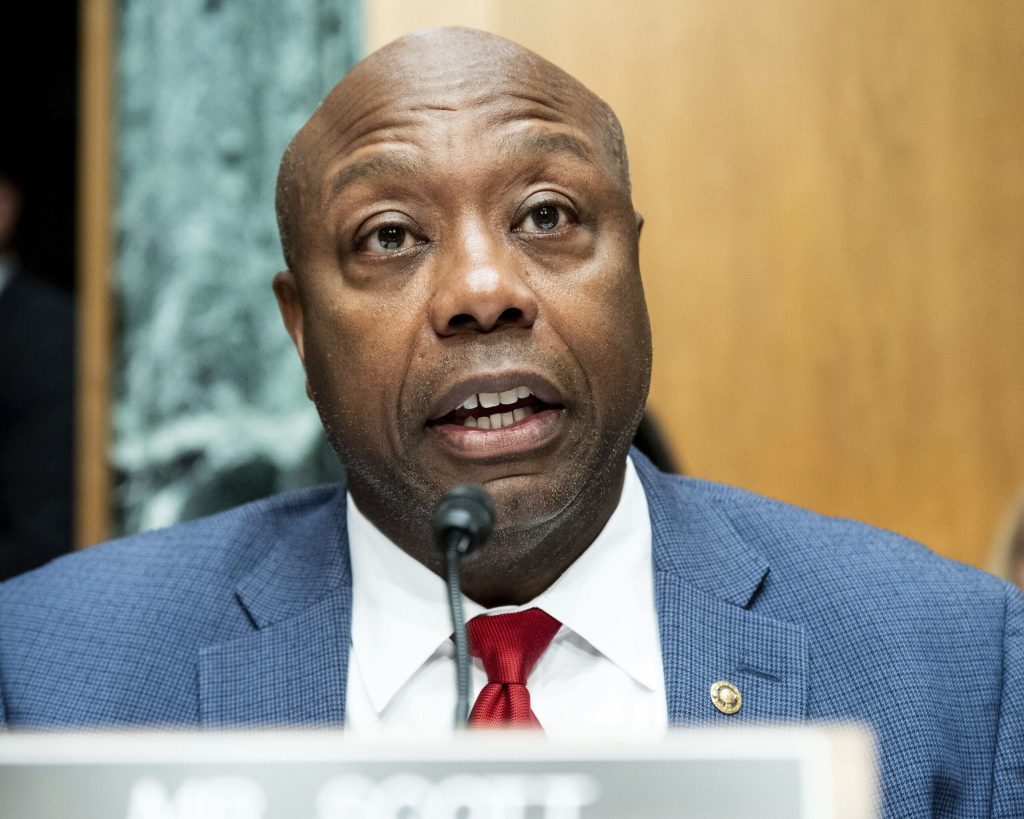
Political strategists are unsure whether to go all-in on a conservative cause.
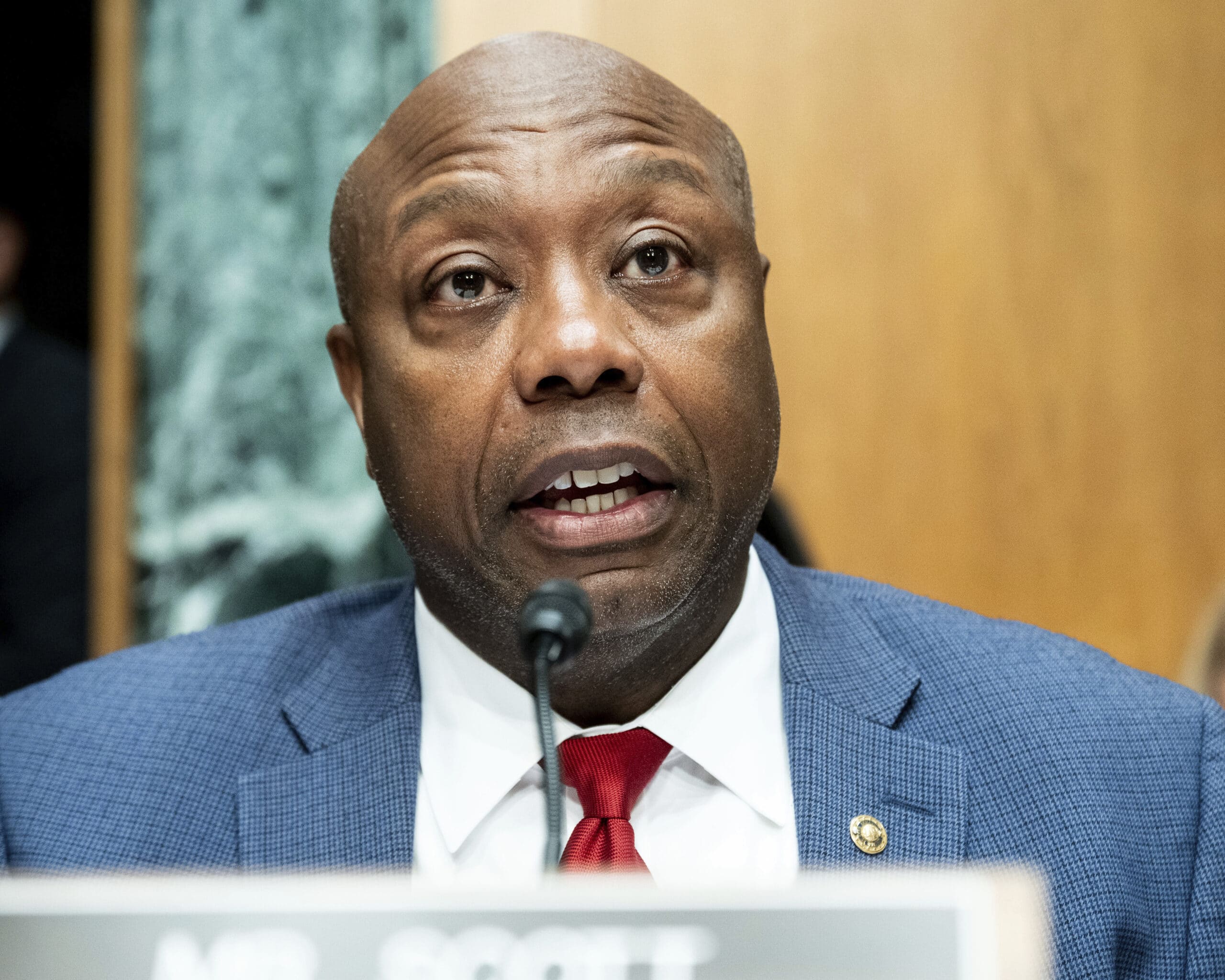
Senator Tim Scott is chairman of the Senate Banking Committee
(Associated Press)
Posted February 5, 2025 at 6:00 am EST.
Two Congressional hearings this week will address what the industry has dubbed as “Operation Choke Point 2.0,” an alleged conspiracy to make it nearly impossible for almost any crypto company to receive banking services.
The first, held by the Senate Banking Committee on Wednesday at 10:00am, will give senators a chance to ask questions of Brookings Institution fellow Aaron Klein, crypto bank Anchorage Digital’s chief executive Nathan McCauley, Davis Wright Tremaine partner Stephen Gannon, and the CEO of the conservative financial institution Old Glory Bank, Mike Ring. This hearing, titled “Investigating the Real Impacts of Debanking in America,” will focus on a wide-range of alleged victims who claim to have been de-banked by the Biden administration for political reasons.
A second hearing, to be held by the House Financial Services Subcommittee on Oversight and Investigations on Thursday at 2:00pm, will focus on crypto companies being allegedly debanked. Titled “Operation Choke Point 2.0: The Biden Administration’s Efforts to Put Crypto in the Crosshairs,” the hearing will give members of the subcommittee an opportunity to ask Coinbase chief legal officer Paul Grewal, NYU Professor and CEO of distributed digital payments company WSPN Austin Campbell, Marathon Digital Holdings CEO Fred Thiel, and Shayna Olesiuk, Director of Banking Policy at Better Markets about the contours of the alleged crypto debanking that has tormented crypto for the past two years.
The pair of hearings, scheduled without coordination according to a Senate Banking Committee staffer, demonstrate two political strategies that have the crypto industry divided. One path contextualizes Operation Choke Point 2.0 within a broader, anti-conservative debanking crisis and the second identifies crypto as a uniquely targeted victim. The juxtaposition highlights the first of likely many examples to come over the next four years where the industry, which has publicly messaged that crypto should be a bipartisan issue, will have to decide how much to lean in to partisan tensions.
Read More: Regulators are Limiting Banks Serving Crypto Clients. Does That Violate the Law?
A Distinct Issue?
Political operatives in favor of treating crypto debanking as separate from that of other groups argue that solving the crypto debanking issue requires a specific plan for regulators to stop discriminating against crypto firms across all banks under their remit. A long list of reputable sources with knowledge of the conversations told Unchained in October that crypto debanking is the result of executives at the Federal Reserve Bank and FDIC directing the banks they supervise to distance themselves from the crypto industry. The supervisory guidance is so consistent that many conclude it must be the result of a conspiracy within the federal government to shrink or eliminate the crypto industry, though clear evidence of intent has not yet been unearthed.
Read More: Why the New FDIC Leadership Isn’t Convinced Operation Choke Point 2.0 Exists
This is the key perceived difference between the crypto industry and aggrieved conservative businesses like arms dealers that struggle to get and keep bank accounts are facing difficulties for other reasons, such as perceived risk or alleged bias on the part of individual banks, or inconsistencies between state and federal law.
“A bank may choose not to serve gun retailers for reputational reasons, but no financial regulator in the U.S. has declared that banking gun producers is outside the limits of any bank’s “risk appetite.” explained Logan Payne, a bank and fintech regulatory attorney in Winston & Strawn’s Digital Assets & Blockchain Technology Practice. “With digital asset firms, regulators have done exactly that—framing the industry itself as a threat, making it nearly impossible for firms to maintain banking relationships. That’s a fundamentally different type of “debanking,” and that distinction is critical to understanding what actions Congress can—and should—take to fix it.”
Better to Join Other Allegedly Debanked Groups?
However, other policy advocates say it’s better for crypto, as an industry which is still relatively niche amongst the broader electorate, to team up with other groups that might attract more attention to the issue. The idea that Trump supporters — or even members of Trump’s own family — are being unfairly debanked has the potential to rile up the 49.8% of American voters who chose him, even if the evidence is slim. Other industries that claim to be debanked each bring another group of frustrated people to the issue.
“The optimal strategy is to shine a bright light on what’s happened to ensure that it won’t happen again,” explained Kristin Smith, CEO of crypto policy group the Blockchain Association. “The recent media focus and the upcoming Congressional hearings are appropriate steps to ensure this doesn’t happen to crypto, or any other lawful industry, again.”
It’s also possible crypto might not always have the choice if they want to be on the agenda at all. One Senate staffer explained to Unchained that the Senate’s schedule is so jam-packed, it just doesn’t have time to host separate hearings for crypto. “The cabinet nominees are just clogging up so much of people’s bandwidth,” they said. “That might have been a factor in why there’s not more [hearings].”
“In December, Chairman Scott made clear the committee would focus on the issue of debanking and has consistently said that every federally legal business deserves to be treated the same regardless of their political beliefs.” said a spokesperson for Senate Banking Chairman Scott. “This hearing is the beginning of the committee’s work to end this practice and will serve as an opportunity to hear directly from witnesses relating to their experience being debanked, which will in turn help shape solutions to address it – including holding regulators and financial institutions who exploit their power accountable.”
Read More: President Trump Declares Crypto a National Priority in Executive Order
For now, the President appears to be signaling support for both strategies. While the executive order he signed on digital assets last month includes promises about tackling Operation Choke Point 2.0, Trump spoke out about the debanking of conservatives, in particular, in his comments at Davos. Whether he advocates for policies tailored to each constituency which says it’s been debanked is yet to be seen.
A representative for House Financial Services Chairman French Hill declined to comment.


